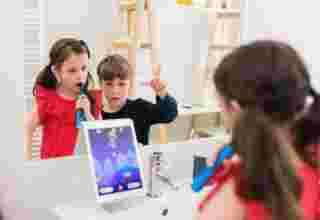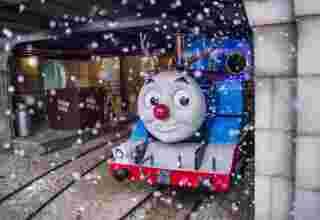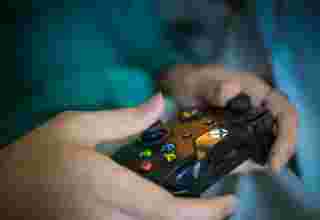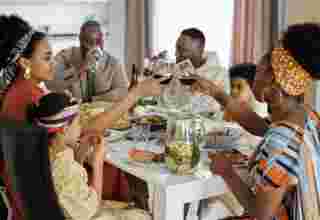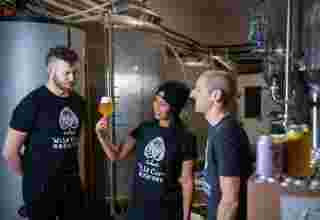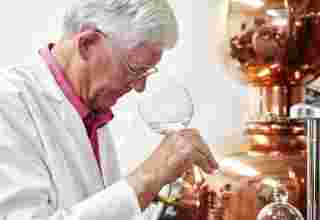- First born children most likely to reach for the stars as astronauts or scientists and engineers according to a new study on siblings
- Middle children most likely to rule the roost at work and become Olympians
- Youngest children most likely to become composers, only children are destined for the arts
- Research commissioned by Disney to celebrate the film ‘Frozen’, which focusses on the relationship between sisters Anna and Elsa on National Siblings Day (Monday 10th April)
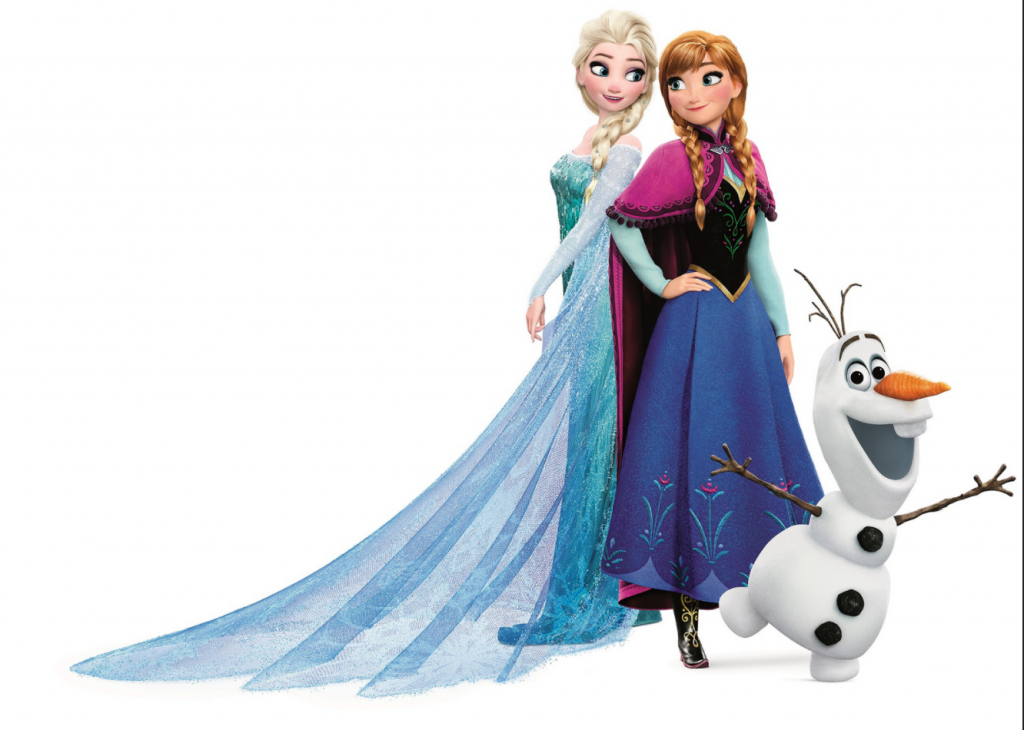
The order children are born has been found to have a significant impact on whether they’re destined to be a company CEO, astronaut or scientist according to a new study released today by Disney.
The research paper, commissioned to celebrate the close sibling relationship between Anna and Elsa in Disney’s film ‘Frozen’ on National Siblings Day, was led by psychologist Emma Kenny who found significant evidence to support the theory that birth order has a tangible and marked effect on career paths.
A team of statisticians analysed a random sample of over 500 of the most successful individuals from 11 different career groups to identify statistically significant patterns and much like Anna and Elsa, found that often siblings can have very different destinies.
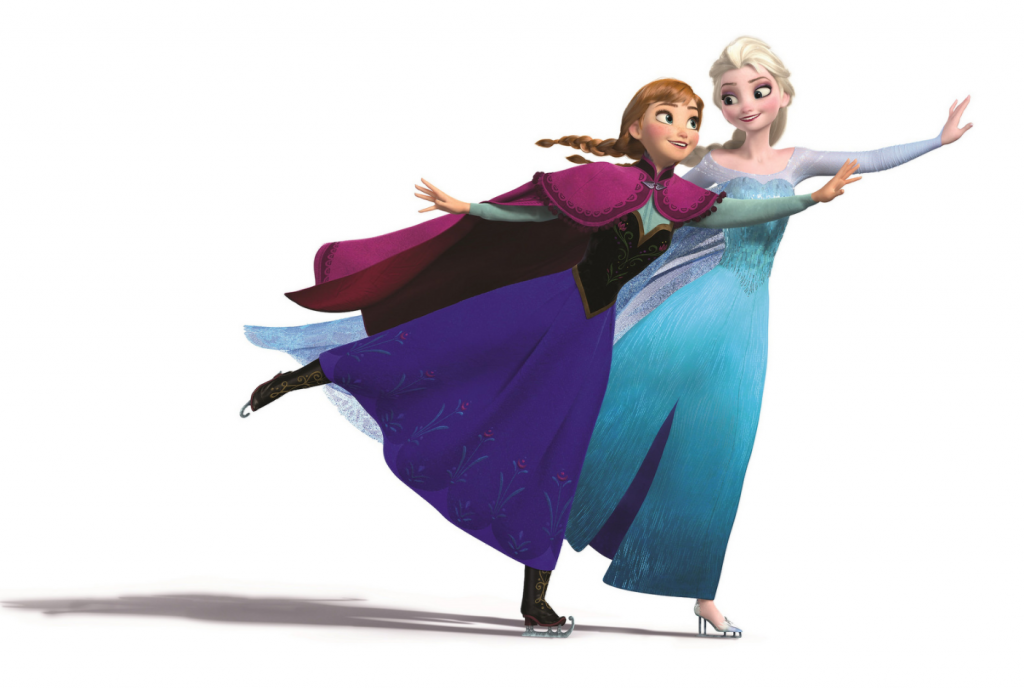
Key amongst the findings was that middle-born children are 30% more likely to become company CEOs than their siblings. The results suggest that fighting for attention as a middle child contributes to a tendency for personality traits such as competitiveness, flexibility and diplomacy, leading to high flying roles which require tactful thinking and high levels of management like those of Mark Zuckerberg, Lord Alan Sugar and Bill Gates.
Stars of track and field also demonstrate a strong tendency towards being middle children, with the incidence of Olympians being 41% higher amongst middle children than might be expected from an average family.
The findings also show that astronauts were disproportionately represented by first born children. The statistics show that astronauts were 29% more likely to be eldest children, making first-borns more likely to reach for the stars like Buzz Aldrin and Neil Armstrong than their younger siblings.
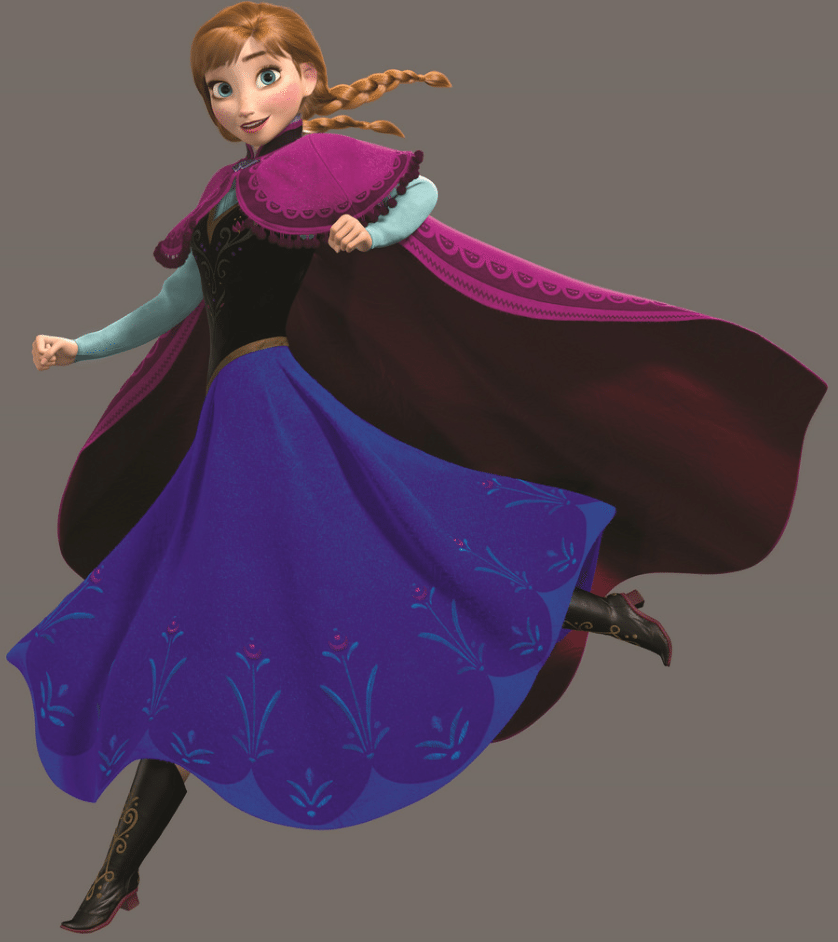
First-born children are also likely to gravitate towards science and engineering careers with the likes of Stephen Hawking and Tim Berners Lee amongst the sample of scientists of which a significant 37% were eldest children. The study also noted that there is a tendency for eldest children of many siblings (4 – 6) to choose an investigative career as the propensity of eldest children amongst scientists and engineers is 76% higher than would be expected when considering families of three or more children.
The team conducted an analysis of successful British individuals within a number of different fields to identify patterns and commonalities in their family structure. The key findings are summarised below:

Growing up as an only child was also found to significantly impact career paths, the perfectionist and mature personality traits of only children appears to make them more likely to choose careers as artists such as LS Lowry and Edward Burne-Jones (181% higher than would be expected).
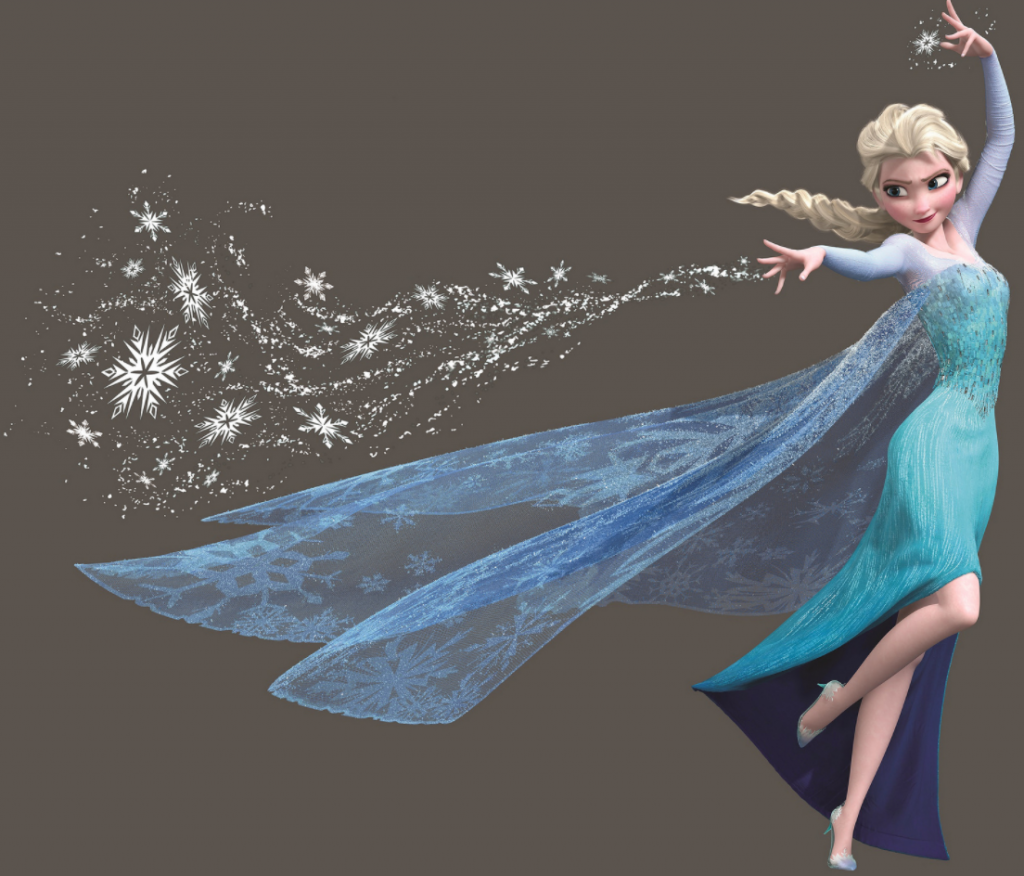
As for the youngest born, a career in classical music may well await – the research noted that they are proportionately 50% more likely to follow in the footsteps of Johann Sebastian Bach or Mozart than their older siblings, with sensitive and idealistic personality traits also thought to contribute to these findings.
On the other side of the spectrum, explorers, who are, proportionately 12% more likely to be youngest children, were found to come from families 86% larger than the UK average. Christopher Columbus grew up as one of five siblings, while English sea captain Sir Francis Drake grew up as one of twelve.
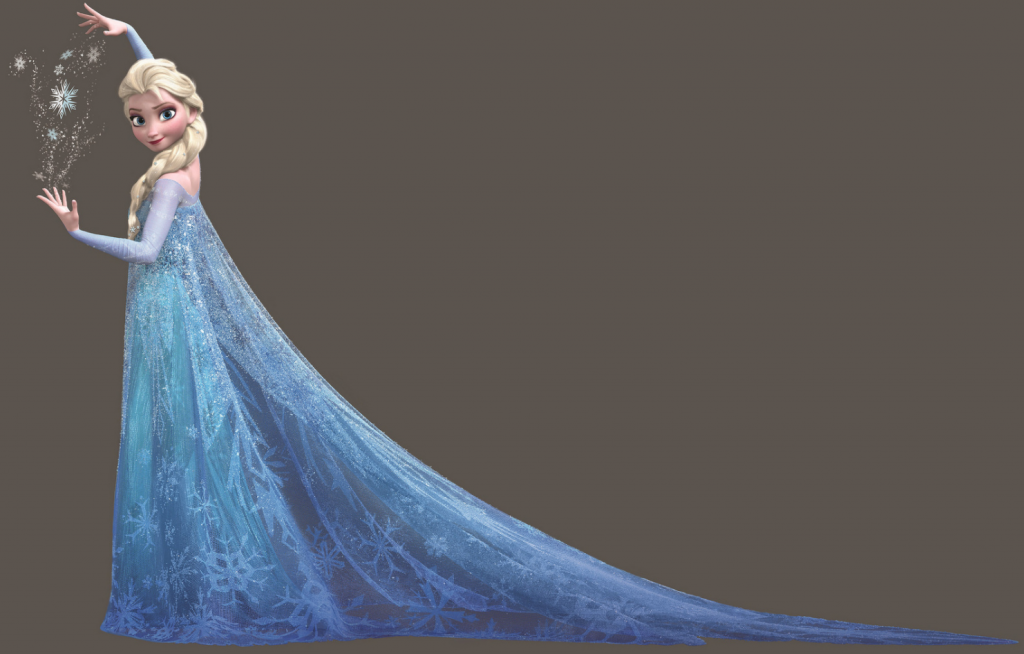
Anna Hill, Chief Marketing Officer at Disney comments: “Frozen’s Anna & Elsa are two iconic siblings Disney is celebrating for National Siblings Day, with this research we seek to acknowledge the positive differences between siblings and the strong and lasting influence they have on one another.”
Psychologist Emma Kenny comments: “The research conducted over the last month has shown that birth order is a significant factor in determining employment role types between siblings – overall there are far more typical cases than exceptions. As with Disney’s film Frozen, the destiny of two siblings can be very different, however all siblings have an innate bond which should be celebrated; and National Siblings Day is a nice opportunity to do just that.”
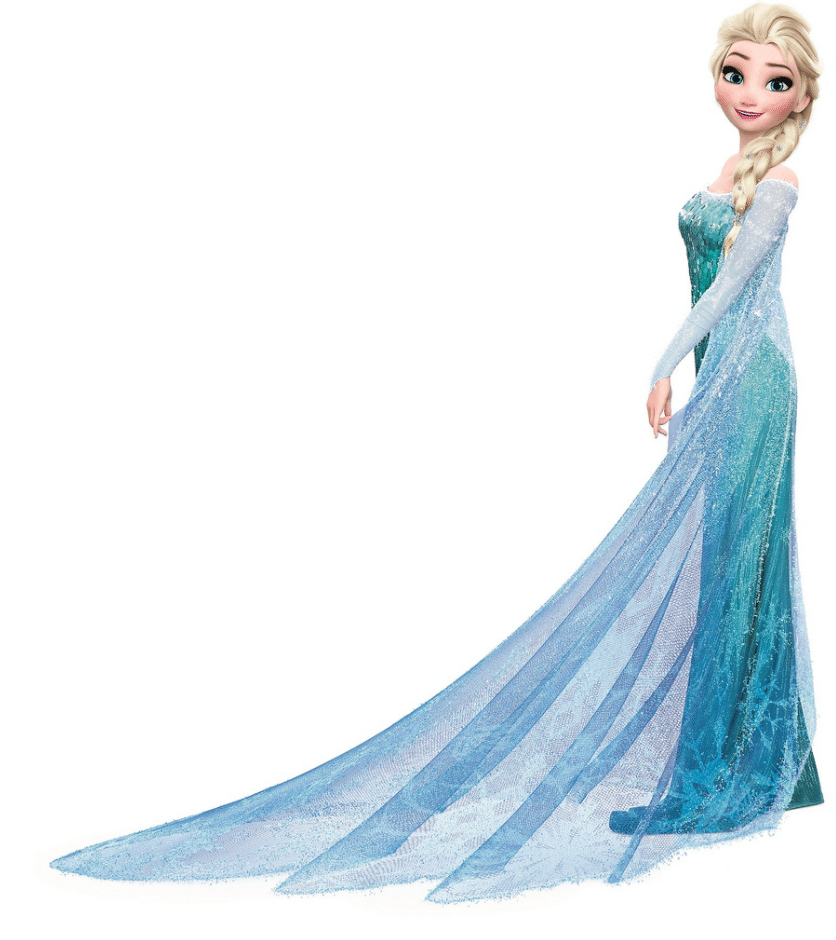
Disney’s smash hit Frozen film celebrates the relationship between princesses Anna and Elsa, two sisters with vastly different personality traits and champions a new kind of true love story between two siblings.
NOTES :
National Siblings Day falls on the 10th of April each year
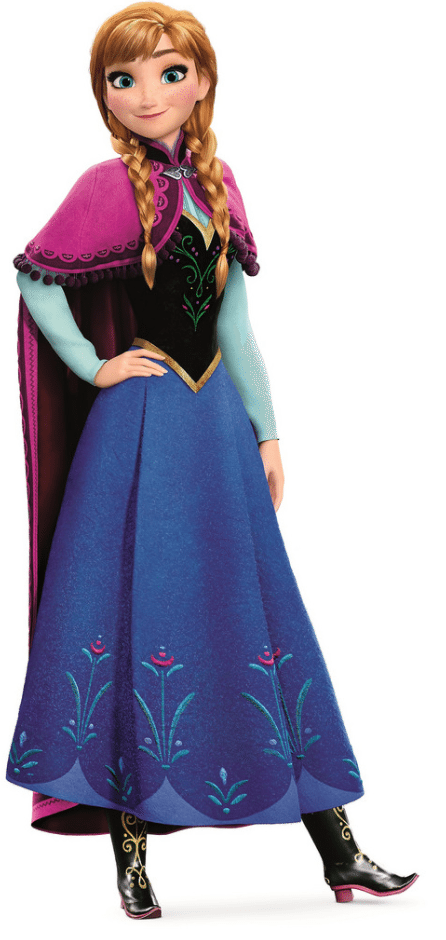
*This study analysed the family structures from a random sample of 550 participants and results of the statistical analysis were found to be significant amongst each group
*The study analysed the proportion of each type of sibling in each sample group and compared this against what would be expected in a normal family to determine if the results were representative and therefore demonstrated a significant difference
*The Average UK family has 2.44 children
*Average family statistics were drawn from The Office of National Statistics
*In some instances, family size was also found to have an influence, for example, in the scientists and engineers sample, scientists were found to come from much larger families than average (4.66 children rather than 2.44 in the average family). A similar effect was observed in the sample of artists.





